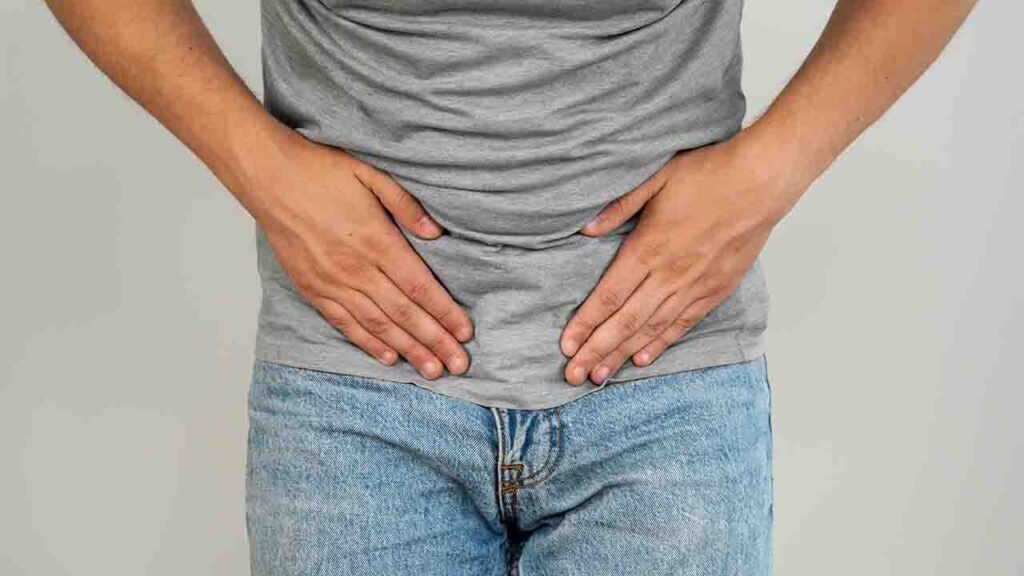Overactive Bladder (OAB)
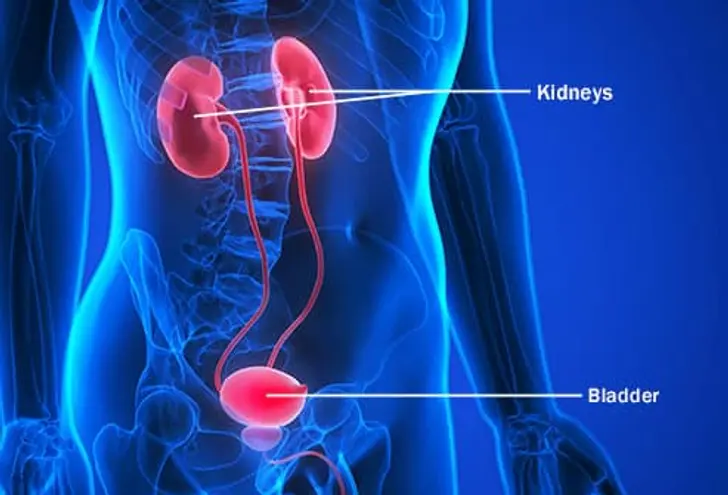
Overactive Bladder (OAB) Treatment
Overactive Bladder (OAB) is a common urological condition characterized by a sudden, uncontrollable urge to urinate, often leading to frequent urination and, in some cases, urinary leakage (urge incontinence). This condition can significantly affect quality of life, causing embarrassment, sleep disturbances, and limitations in daily activities. At Urosquare, our expert urologists—Dr. Ranjan Kumar Dey and Dr. Sumantra Dey—offer precise diagnosis and comprehensive treatment plans tailored to each patient’s symptoms and lifestyle.
Common Symptoms
- Sudden, strong urge to urinate that is hard to control
- Frequent urination (more than 8 times in 24 hours)
- Urge incontinence (involuntary leakage after feeling an urge)
- Waking up multiple times at night to urinate (nocturia)
- Feeling of incomplete bladder emptying
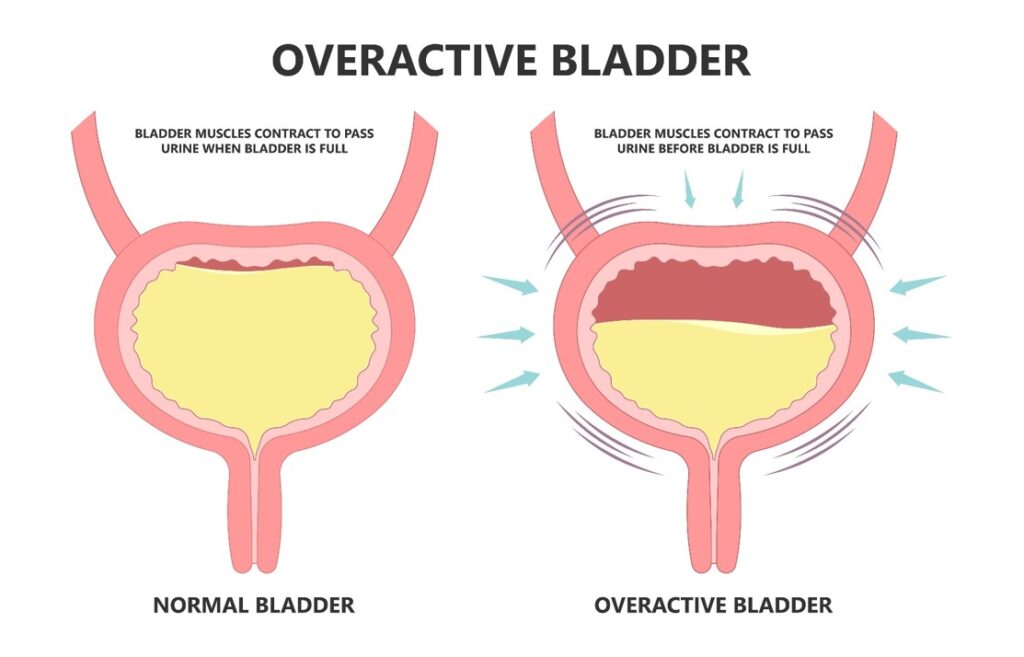

Possible Causes of Overactive Bladder
- Weak bladder muscles or nerve dysfunction
- Urinary tract infections (UTIs)
- Bladder stones or tumors
- Neurological conditions (e.g., stroke, Parkinson’s disease, multiple sclerosis)
- Diabetes or uncontrolled blood sugar levels
- Hormonal changes (especially in women post-menopause)
- Excess caffeine, alcohol, or fluid intake
Diagnostic Approach at Urosquare
- Urinalysis & Urine Culture – To rule out infections or other abnormalities
- Bladder Diary – Tracking urination frequency, volume, and triggers
- Post-Void Residual (PVR) Measurement – Checking bladder emptying efficiency
- Urodynamic Testing – Evaluating bladder muscle and nerve function
- Ultrasound & Cystoscopy – Imaging and endoscopic evaluation for structural issues
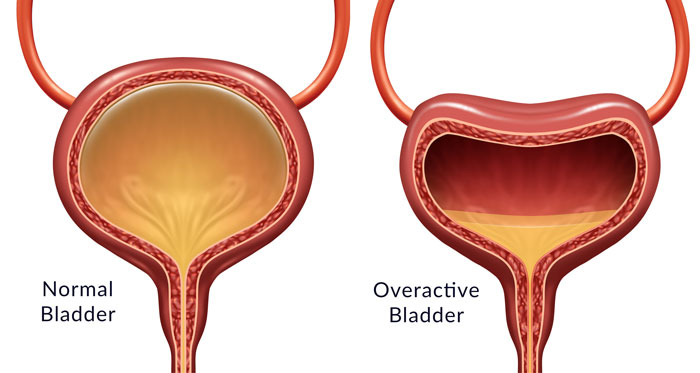
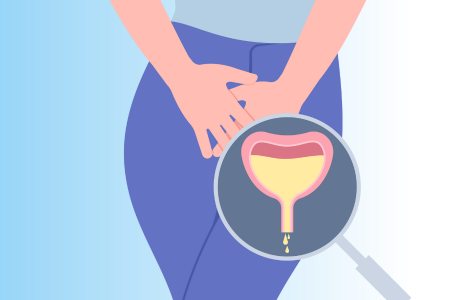
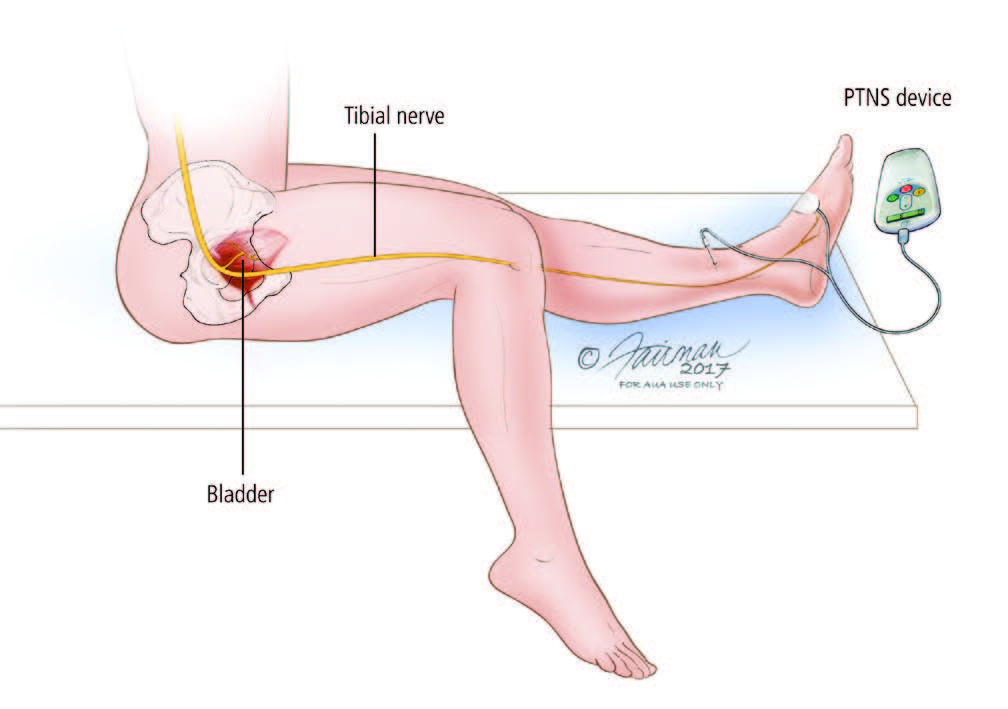
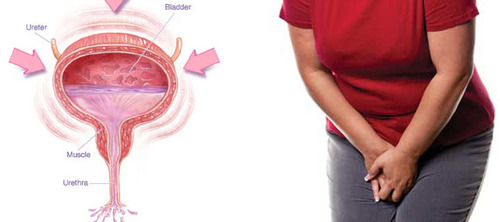
Treatment Options
- Lifestyle & Behavioral Therapy
Bladder training, pelvic floor muscle exercises (Kegels), dietary adjustments, and fluid management. - Medications
Anticholinergics and beta-3 adrenergic agonists to relax the bladder muscle and reduce urgency/frequency. - Botox (OnabotulinumtoxinA) Injections
Minimally invasive treatment to relax bladder muscles for long-lasting relief. - Percutaneous Tibial Nerve Stimulation (PTNS)
Outpatient nerve stimulation therapy to improve bladder control. - Sacral Neuromodulation
Implantable device that sends mild electrical impulses to nerves controlling the bladder.
Why Choose Urosquare for Overactive Bladder Care?
- Specialized Expertise – Experienced urologists with advanced training in urinary disorders
- Comprehensive Evaluation – Identifying the exact cause to ensure effective treatment
- Minimally Invasive Options – Focus on advanced therapies with quick recovery
- Patient-Centered Care – Confidential, supportive, and customized to your needs
- Long-Term Solutions – Emphasis on symptom control, prevention of recurrence, and quality of life improvement
